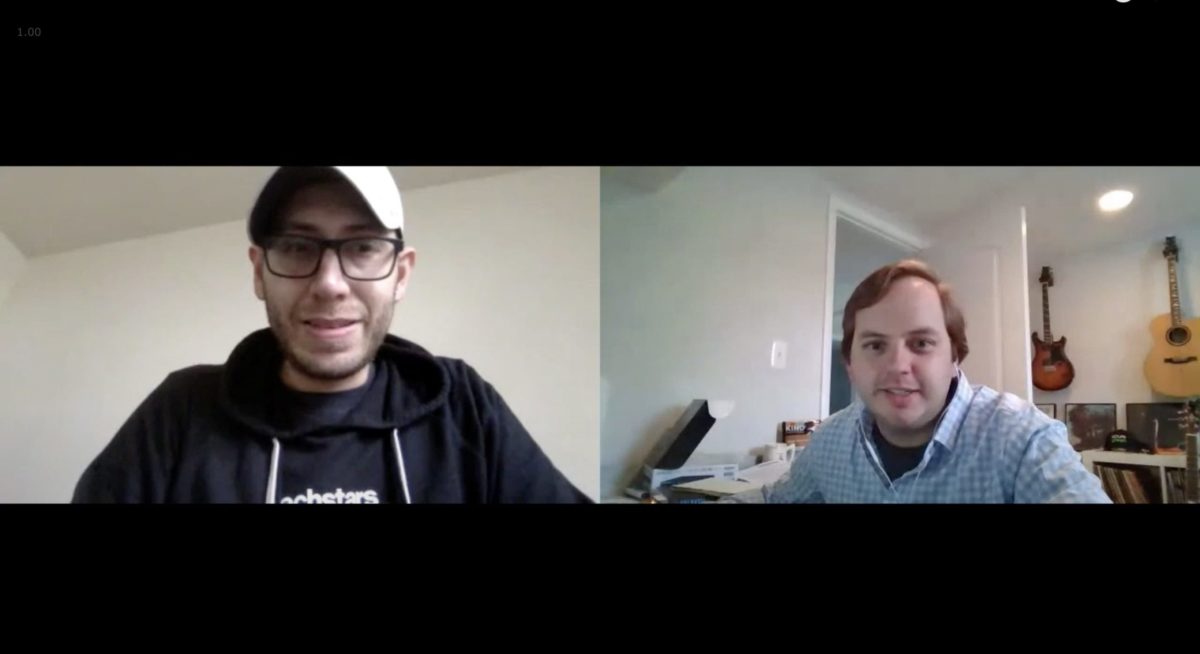As the founder of SUEGO and a 2019 RealLIST Connector, Steven Rodriguez is no stranger to the D.C. startup scene. But before taking on the role of codirector for Startup Boost DC, which has its first cohort graduating this week, he noticed a need for programming in the in the DMV that spoke to startups that toe the line between incubator and accelerator phases.
“We have incubators, we have accelerators, but nothing in between to have prepared people for eventual growth in scale and we’re very deliberate,” Rodriguez said. “You don’t have to be in an accelerator to be successful. You don’t even have to go for venture capital to be successful.”
The six-week Startup Boost cohort launched in D.C. in February, with graduates showcasing at a virtual demo day on June 9. Free for participants, it relies primarily on volunteer or sponsorship-based mentors, and the program does not take any ownership in the company for participating. Startup Boost is a worldwide program with a goal of investing $100 million by 2030.
When choosing between applicants, codirector Stephen Beauchamp said Startup Boost was looking for companies that had moved beyond idea-generating, and into some positive results.
“We were looking for some founders who had already demonstrated some traction with their companies,” Beauchamp said. “We didn’t want to help create business ideas with folks. We wanted people who already had a focus and who had made steps to execute on that.”
The members of the inaugural class of the Startup Boost cohort are:
- CORAnet Solutions: A mobile health platform to connect patients and care providers.
- Amplio: An app that uses AI to help employees perform better
- Heirloom Cloud: A platform that digitizes old photos and videos with cloud storage.
- INF Care: An online service to help with home care agencies
- VirusIQ: A public benefit corp that’s developing hardware for at-home testing
As part of the program, participants meet once a week for three hours to hear from a guest speaker, a Q&A session and one-on-one time with mentors. Throughout the course of the program, members are developing a pitch deck and perfecting their pitch with mentors that they can show off on demo day. Later in the summer, they’ll also get the chance to participate in a global investor day featuring participants from other Startup Boost cities.
“You have to be refined as much as you can when you get those opportunities, so we focus a lot on the pitch,” Rodriguez told Technical.ly.
Since it was the first DMV cohort, Startup Boost only accepted five applicants for its April session, but will likely expand to 10 in the future. Beauchamp said it’s potentially looking to do an additional fall cohort, but applications won’t open until later in the summer. For the first session, though, he said that Startup Boost was looking for founders in the area solving meaningful problems, and healthcare companies in particular fit the bill.
“A lot of our companies ended up being in the healthcare space, and particularly now in the wake of COVID or still in it, healthcare seemed like a meaningful place to invest time and energy, but also these are problems that come with large markets,” Beauchamp said. “Hopefully if they scale up, they can help a lot of people, and not just a small population with a niche problem.”
Rodriguez added that another factor when selecting from applicants was the growth potential, and those that could potentially add jobs to the DC ecosystem.
“I’ve always been a big proponent that, you know, entrepreneurship is cute, but what really drives economic impact are jobs,” he said.
Catch the demo day showcase here






